Free data! (But first, a word from our sponsors)
Inside the enterprise: A company offering free 3G data claims it will shape up the market. But consumers, rather than mobile workers, stand to gain most.

Sign up today and you will receive a free copy of our Future Focus 2025 report - the leading guidance on AI, cybersecurity and other IT challenges as per 700+ senior executives
You are now subscribed
Your newsletter sign-up was successful
If there is one thing better than mobile data, it is free mobile data. So a company promising to give away mobile data is always going to attract plenty of interest.
The idea behind Samba Mobile is simple enough. The service, which piggybacks on 3's network, offers just data no calls either via a microsim, or a conventional USB dongle. The microsim is aimed at tablet users, with the service initially available for the iPad. The dongle, made by ZTE, should work with any PC or Mac, the company claims.
The quid pro quo is that subscribers need to "earn" their free broadband access, by watching adverts or clicking on links to affiliated retailers. This creates a bank of credits for mobile data.
The basic microsim costs 5, and the dongle with a SIM, a reasonable 25. But the mechanics of earning the mobile data allowance are a little more complex.
Samba says it will be concentrating on high quality ads and movie trailers. The more ads you watch, the greater the data allowance you earn. An average ad earns 3.5MB, so the company calculates that watching four and a half ads a day would earn 525MB of data. This is more, they say, than the average smartphone user goes through in a month.
You can also earn more megabytes, by watching more ads, or buy additional data for 250MB for 3.49, or 5.99 for 500MB. And Samba argues that watching ads will not be too much of a hardship as they are for "quality" brands.
Watching lots of ads for lingerie brand Agent Provocateur might raise a few eyebrows at a conference (another brand which will be showing ads, apparently, is Pot Noodle). But as a standby way of going online, especially for smaller businesses or freelance workers, it could offer another option.
Sign up today and you will receive a free copy of our Future Focus 2025 report - the leading guidance on AI, cybersecurity and other IT challenges as per 700+ senior executives
Combined, perhaps, with free WiFi in cafes, a service such as Samba could also be a good backup if the office network goes down, or if staff have to work away for the office.
Nor is the idea entirely new: a few years back, companies were offering free home PCs to consumers who opted to watch ads on their browsers. Samba's management likens their scheme to Freeserve, the internet service set up by retailer Dixons in the late '90s.
Whether or not Samba is a viable option for business users, though, will depend largely on how intrusive the adverts are, and whether the viewing system interferes with normal use of the PC or tablet.
And, although for low-volume users, the idea of earning credits is attractive, for more data-intensive workloads there might be better options. Mobile operators' tablet-specific tariffs can be expensive, but 3 the same network Samba uses offers 1GB of data for 10 a month on a rolling, one month contract. As with any mobile tariff, the devil is in the detail.
Stephen Pritchard is a contributing editor at IT Pro[/a]
-
 Anthropic promises ‘Opus-level’ reasoning with new Claude Sonnet 4.6 model
Anthropic promises ‘Opus-level’ reasoning with new Claude Sonnet 4.6 modelNews The latest addition to the Claude family is explicitly intended to power AI agents, with pricing and capabilities designed to attract enterprise attention
-
 Researchers call on password managers to beef up defenses
Researchers call on password managers to beef up defensesNews Analysts at ETH Zurich called for cryptographic standard improvements after a host of password managers were found lacking
-
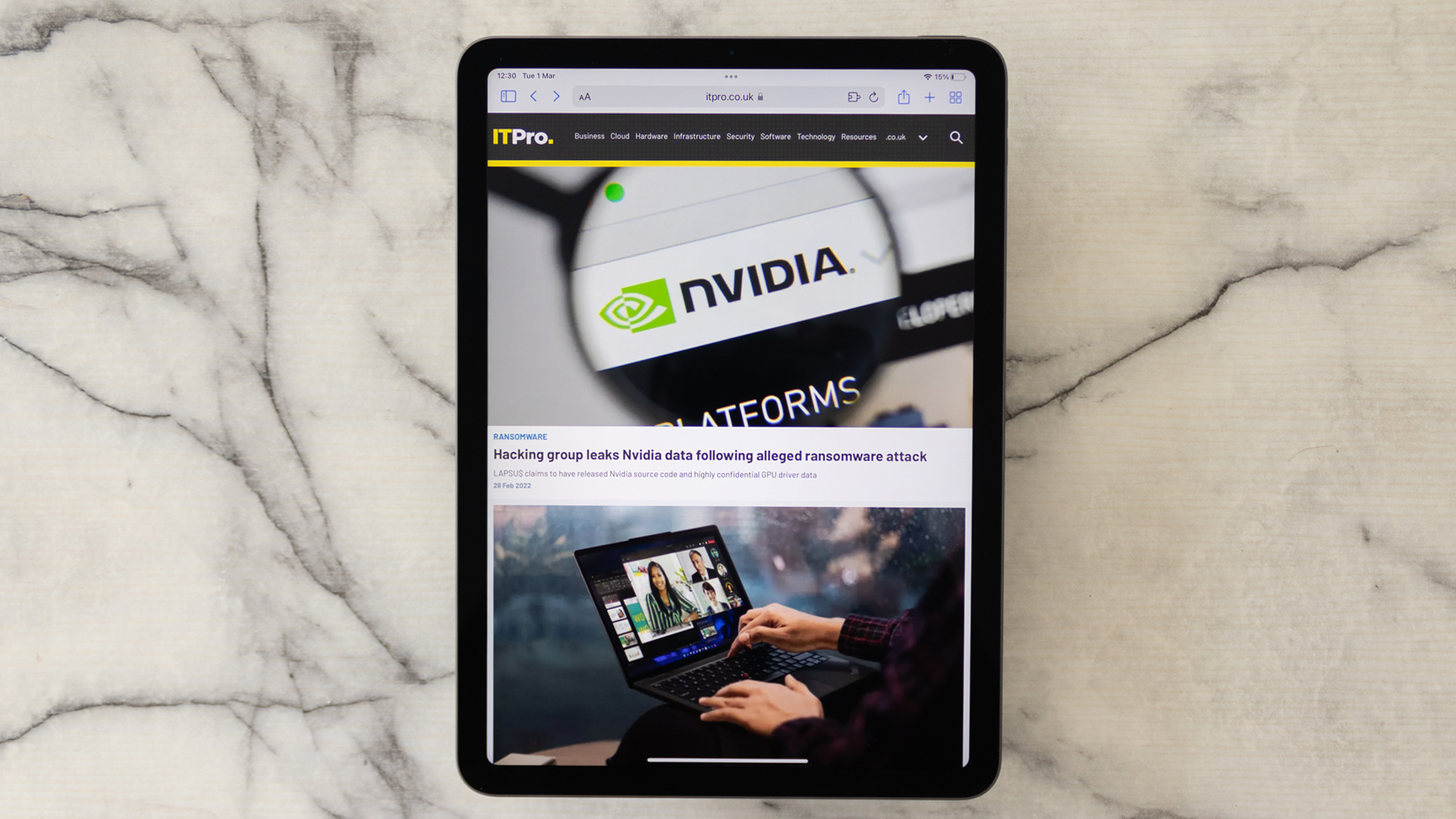 Apple iPad Air (2020) review: The executive’s choice
Apple iPad Air (2020) review: The executive’s choiceReviews With the iPad Air’s most recent redesign, Apple has delivered the best bang-for-buck tablet money can buy
-
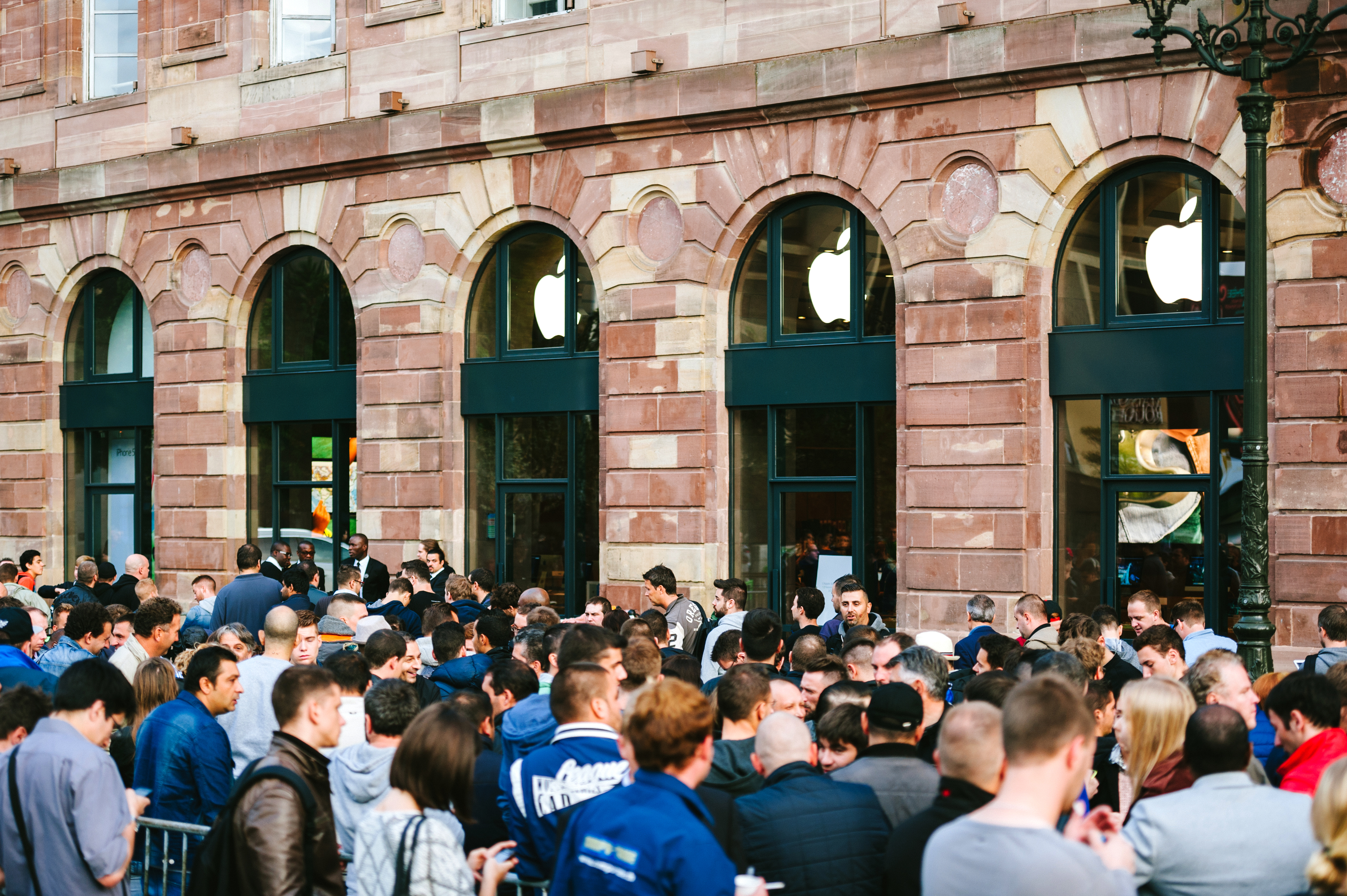 In praise of the early adopters
In praise of the early adoptersOpinion The IT industry needs early adopters like you – and tech that fell by the wayside should still be celebrated
-
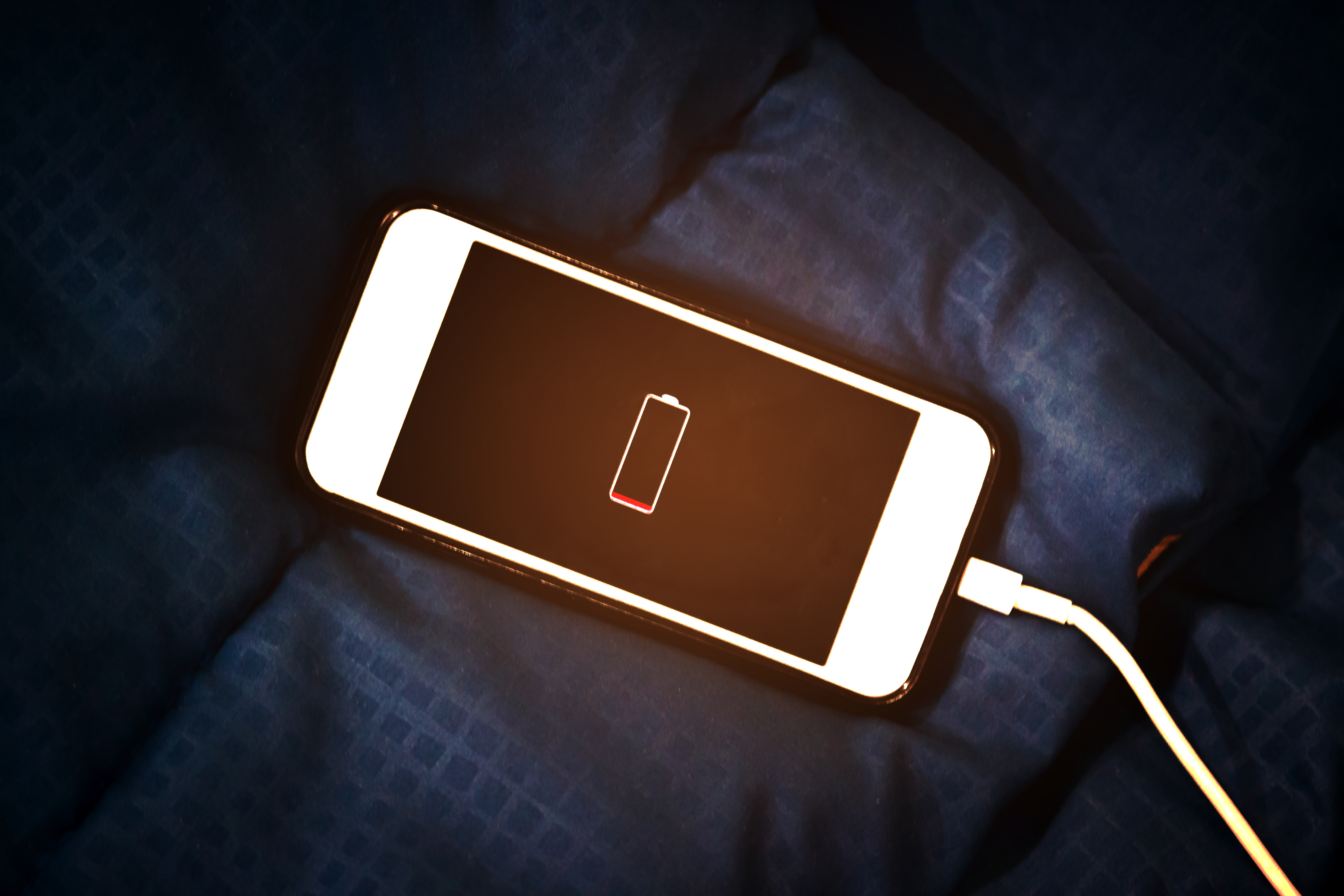 Apple is experimenting with attention sensors to save battery life
Apple is experimenting with attention sensors to save battery lifeNews Your next Apple device may shut down if you are not paying attention to it
-
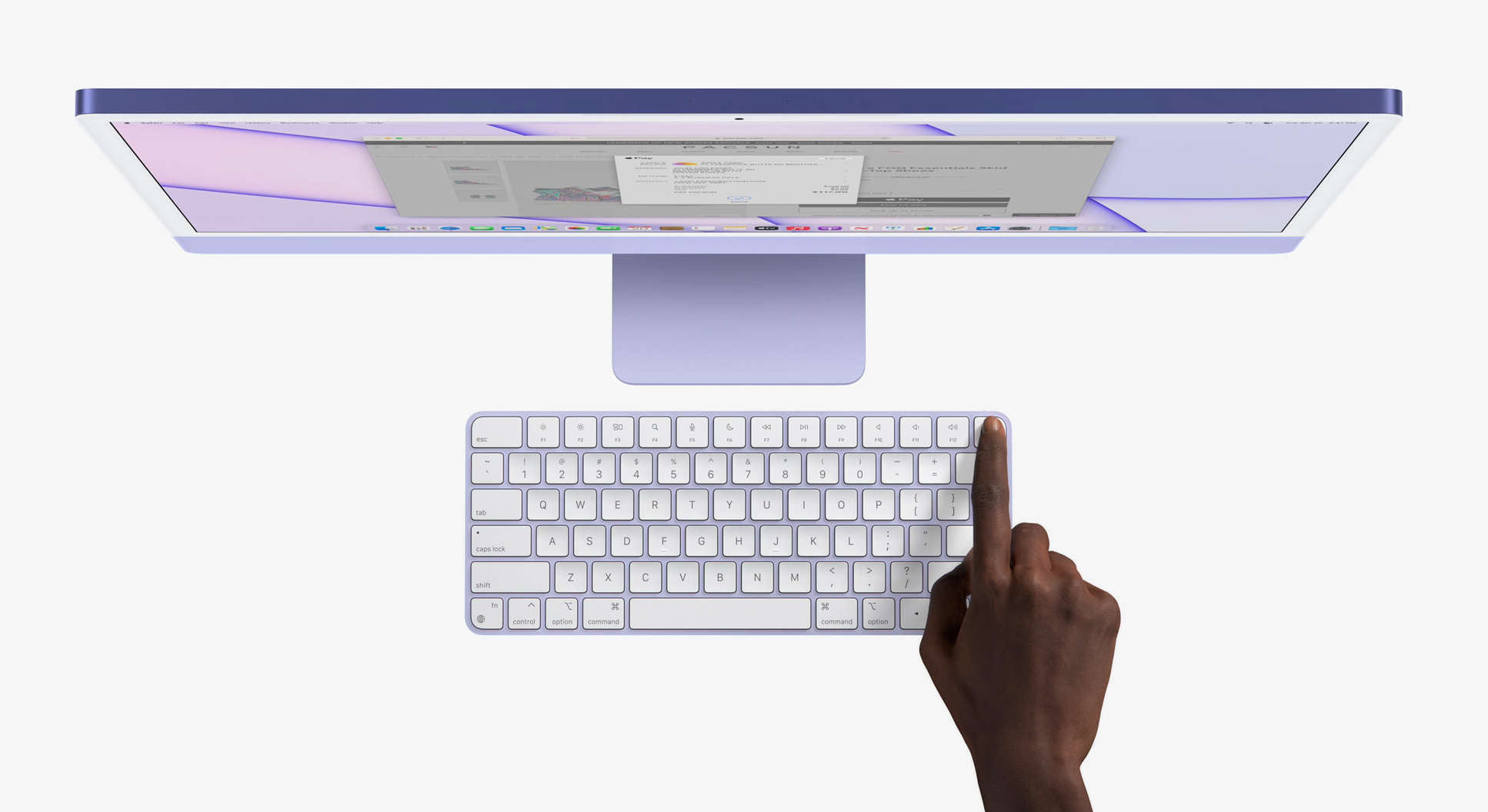 Apple unveils M1-powered iPad Pro and iMac at April 2021 event
Apple unveils M1-powered iPad Pro and iMac at April 2021 eventNews The new Apple Silicon hardware will be available to order from April 30
-
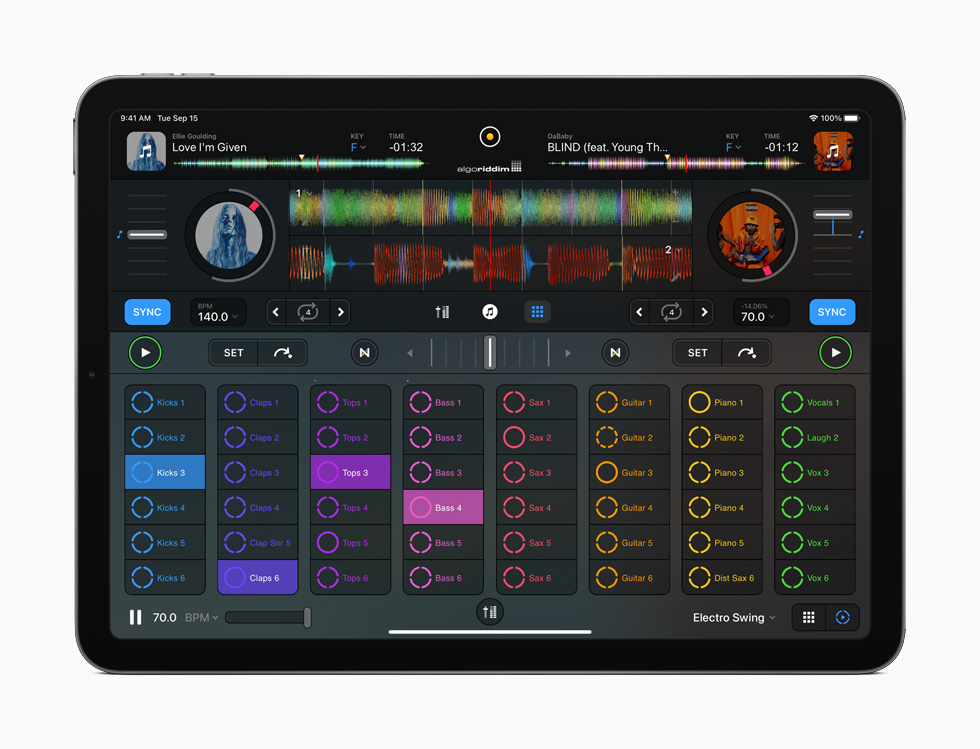 iPad Air 2020 debuts with A14 Bionic chip and USB-C
iPad Air 2020 debuts with A14 Bionic chip and USB-CNews Apple touts its latest flagship tablet as the “most powerful” iPad Air ever
-
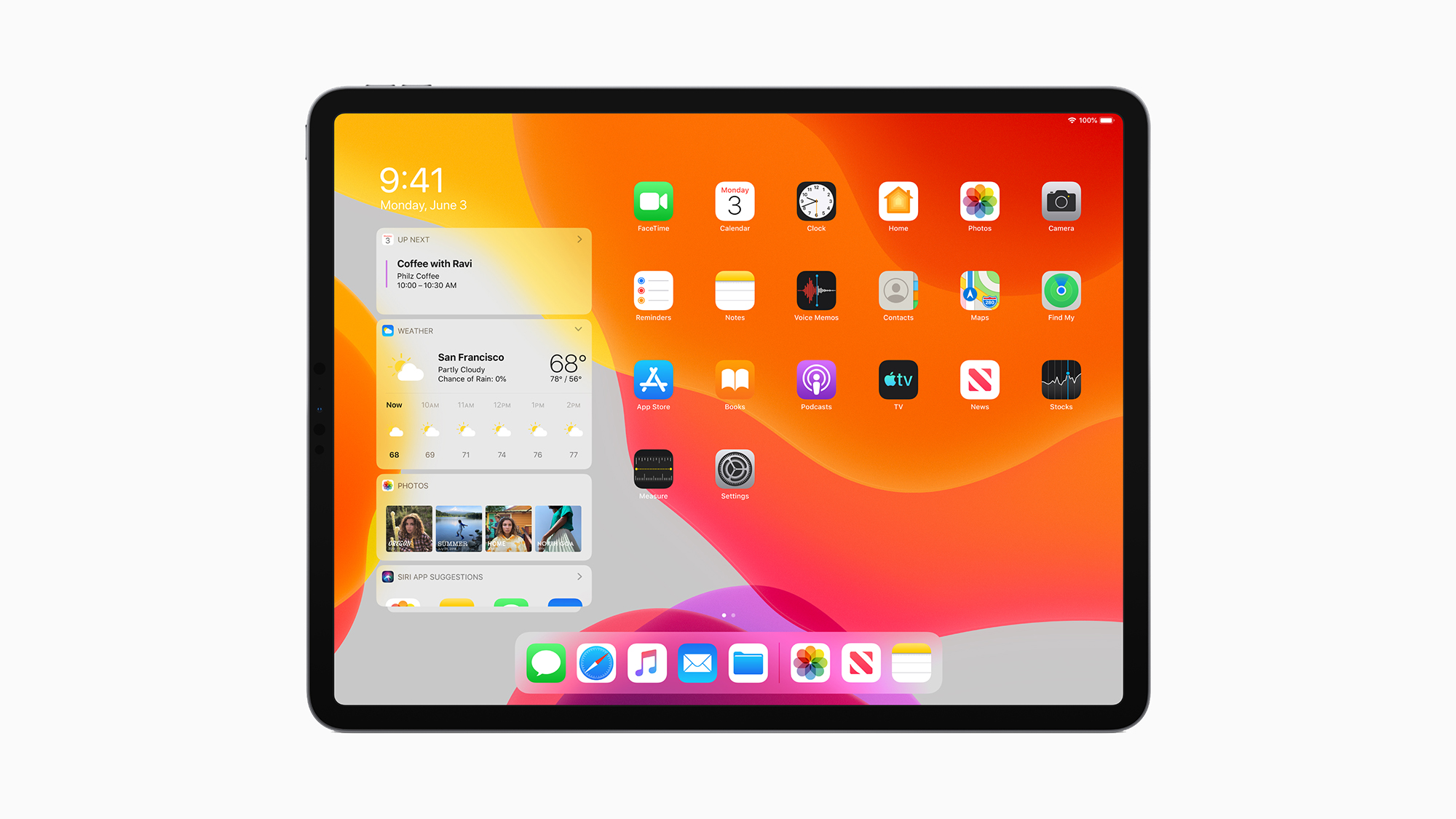 Apple reveals iPadOS at WWDC19
Apple reveals iPadOS at WWDC19News Cupertino's tablet range breaks free of iOS with new dedicated software
-
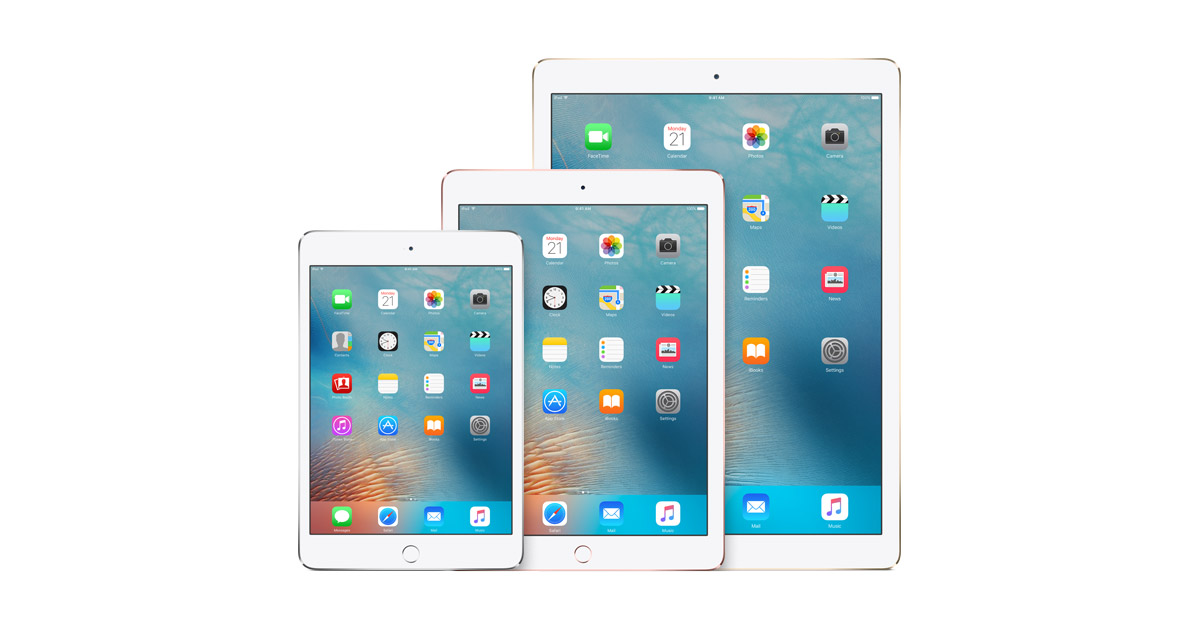 Best iPad apps for 2019
Best iPad apps for 2019Best Our collection of the best and most popular iPad apps to download in 2019
-
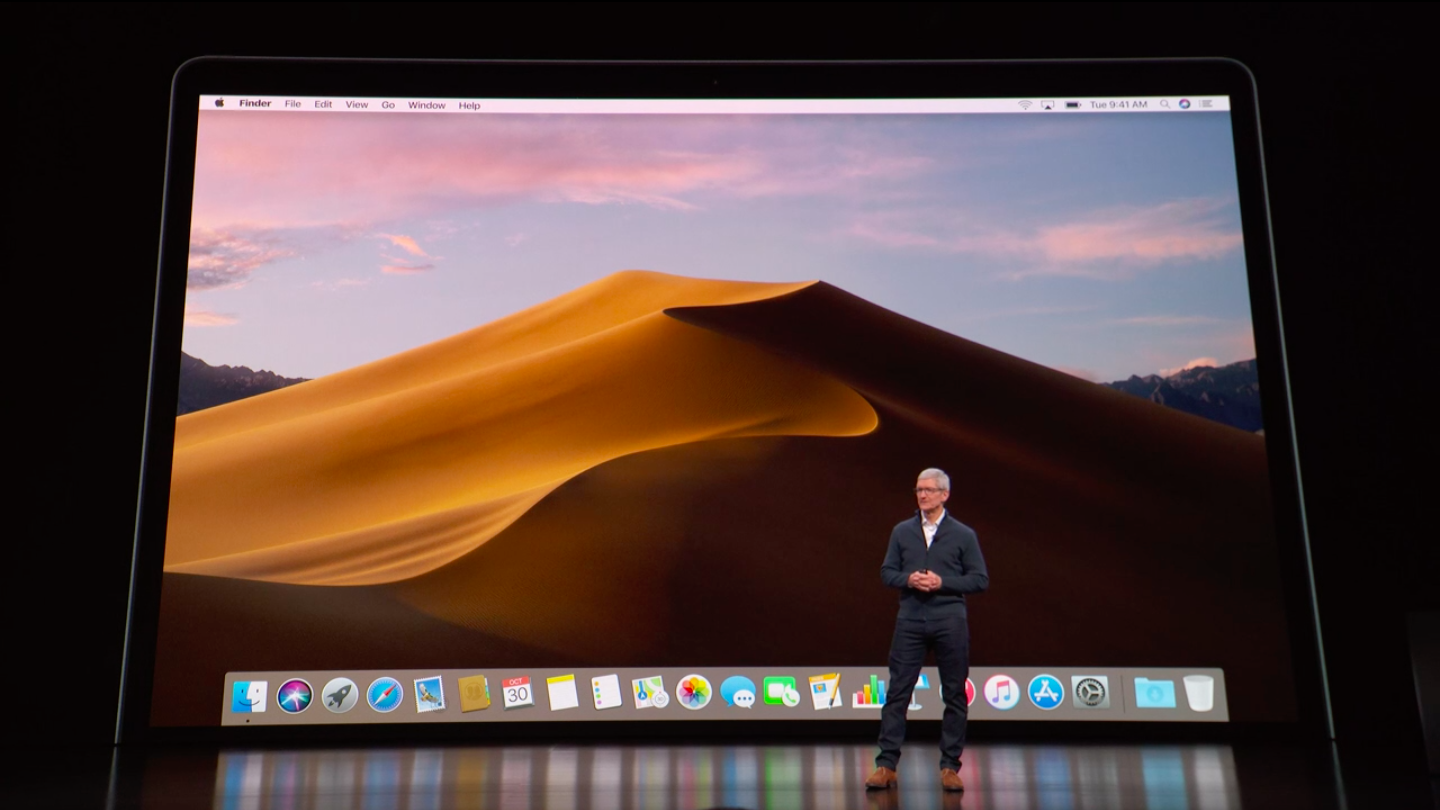 Apple Event: New MacBook Air, iPad Pro and Mac mini launched
Apple Event: New MacBook Air, iPad Pro and Mac mini launchedNews Apple appeases fans with long-requested hardware refreshes